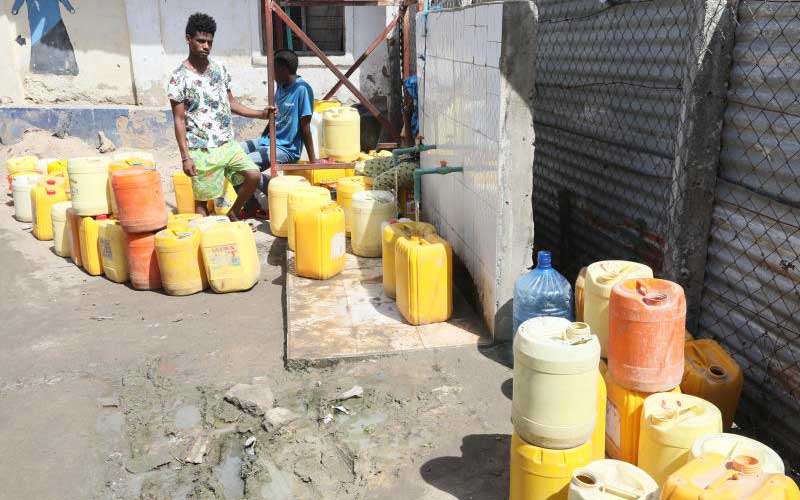×
The Standard e-Paper
Stay Informed, Even Offline

Water service providers have called on the government to provide them with free treatment chemicals as well as subsidise their wage bills to stay afloat. [Omondi Onyango, Standard]
Water service providers in the country have asked the government to subsidise their wage bills and offset their power bills for three months in the wake of Covid-19.